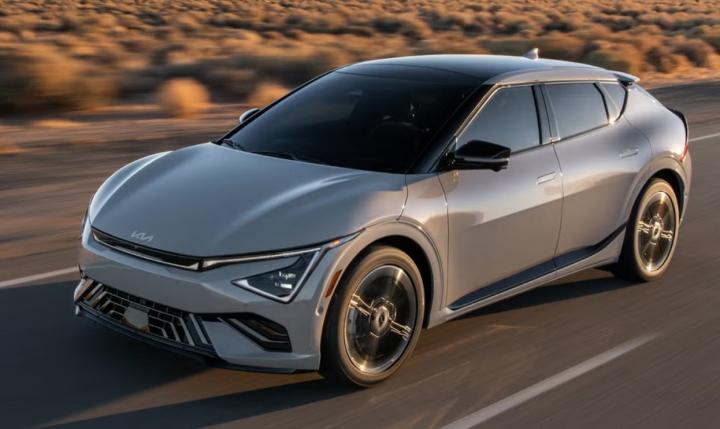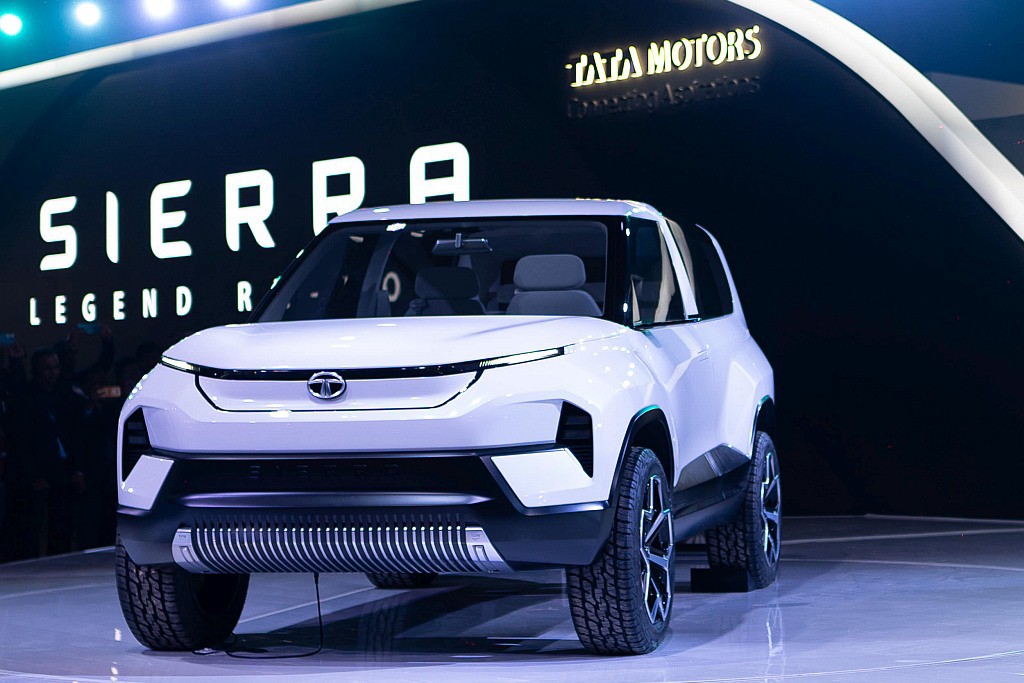
India slashes import duty on EVs from 110% to 15%
India Cuts Import Duty on EVs from 110% to 15%: A Game Changer for the Electric Vehicle Market

In a significant move to boost the electric vehicle (EV) market, the Indian government has slashed the import duty on electric vehicles from a staggering 110% to just 15%. This decision is expected to make EVs more affordable and accessible to consumers, encouraging a shift towards sustainable transportation. Here’s a detailed look at the implications of this policy change and what it means for the automotive industry in India.
Key Highlights of the Import Duty Reduction
| Aspect | Previous Rate | New Rate | Impact |
|---|---|---|---|
| Import Duty on EVs | 110% | 15% | Significant reduction in costs |
| Expected Price Drop | High | Moderate | More affordable EV options |
| Market Growth Potential | Limited | High | Increased consumer interest |
| Government Support | Minimal | Enhanced | Incentives for manufactu |

Implications for the Automotive Industry
1. Increased Affordability
The reduction in import duty is expected to lower the prices of imported electric vehicles significantly. This will make EVs more competitive with traditional internal combustion engine (ICE) vehicles, potentially leading to increased sales.
2. Boost to Local Manufacturing
With lower import costs, international manufacturers may consider setting up production facilities in India, further boosting local manufacturing and job creation in the EV sector.
3. Encouragement for Consumers
As EVs become more affordable, consumers are likely to be more inclined to make the switch from conventional vehicles to electric ones, contributing to a greener environment.
4. Government Initiatives
The government is expected to introduce additional incentives and subsidies to further promote the adoption of electric vehicles, aligning with its commitment to reducing carbon emissions.
Market Response and Future Outlook
The automotive industry is poised for a transformation with this policy change. Major players in the EV market, including Tata Motors, Mahindra, and international brands like Tesla, are likely to respond by expanding their offerings in India.
Anticipated Models
| Manufacturer | Expected Models | Launch Timeline |
|---|---|---|
| Tata Motors | Nexon EV, Altroz EV | Q3 2025 |
| Mahindra | XUV400 EV | Q4 2025 |
| Tesla | Model 3, Model Y | 2026 |
| Hyundai | Kona Electric, Ioniq 5 | Late 2025 |
Conclusion
The reduction of import duty on electric vehicles from 110% to 15% marks a pivotal moment for the Indian automotive industry. This policy is set to enhance the affordability of EVs, stimulate local manufacturing, and encourage consumers to embrace sustainable transportation. As the market evolves, it will be interesting to see how manufacturers adapt and innovate in response to this significant change.




